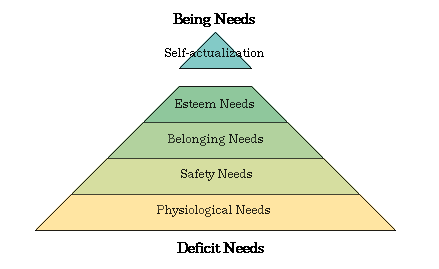coberst, I am not big on long responses, so I only have two things to say.
First, Maslow:

Second, I think teachers should, just as Alfred Binet, look at the nature of a student's mistakes, because that is the way to intervene.
I have had a reader's block for some time now, and I think that is a good thing.
There is Piaget, of course, but I won't go into that now.